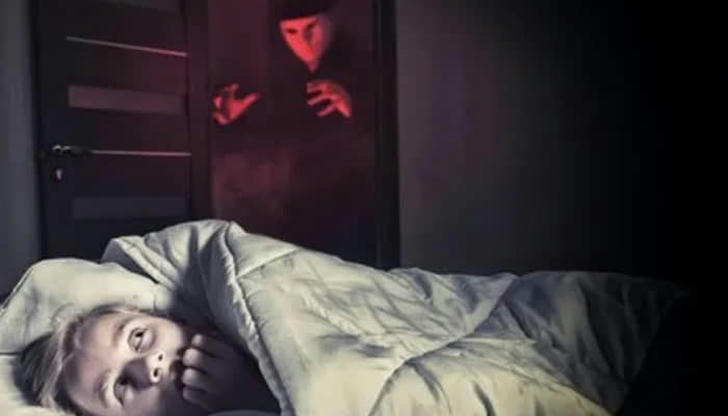Six Facts About Nightmare

A nightmare will make you feel very frustrated. And it is also called as a bad dream, which is a an unpleasant dream that can cause a strong emotional response from the mind, including despair, anxiety, sadness, fear, etc. It will greatly affect our daytime working and night sleeping. Sometimes, people may be in a state of sadness for a long time or may be unable to return to sleep for a short period of time, just because of a bad dream. Therefore, we should have a clear idea about it trying some ways to avoid some recurrent nightmares.
Definition of Nightmare

A nightmare, commonly is extended as a metaphor to many bad things, such as a bad situation or a scary monster or person. And it is associated with negative feelings, such as anxiety or fear that awakens you. In addition, they are common in children but can happen at any age. Occasional nightmares usually are nothing to worry about. But people should take care of Post-traumatic stress disorder Nightmare, because it has great damage on people’s psychology.
Signs and Symptoms of Nightmare

Emotional response:
Feeling scared, anxious, angry, sad or disgusted as a result of your dream. Recalling of extended and extremely frightening dreams, involving threats to survival, security, or self-esteem.
Physical response:
Feeling sweaty or have a pounding heartbeat while in bed.
Sleep response:
Thinking clearly upon awakening and can recall details of your dream. Causing distress that keeps you from falling back to sleep easily. Experiencing abnormal sleep architecture. Frequent nocturnal awakenings and fear of falling asleep.
Causes of Nightmare

According to some studies, it has found that nightmares directly correlate with the stress in children's lives. If these children experience their family member’s death or they are in a state of chronic illness, etc, it will be easier to trigger nightmare. There are some other causes of nightmare as following: ?Stress or anxiety ?Trauma ?Sleep deprivation ?Medications ?Substance misuse ?Other disorders ?Scary books and movies. ?Sleep apnea ?Others
Who are Easy to Have Nightmare?

Scientific research shows that the prevalence of nightmares in children (5–12 years old) is about 20% to 30% and up 8% to 30% among adults. It may be because that children have yet to learn and know more things and therefore have more fear for the unknown to manifest itself into nightmares. Meanwhile, adults are able to undertake overtired or experience stress to avoid some nightmares or disturbing dreams.
Treatment of Nightmare

If you are frequently distressed by nightmares, it is highly possible that you have experienced some stressful event from the past. Nowadays, people are trying to provide relief from the dilemma of the nightmarish experience. ?Analytic and cathartic techniques ?Storyline alteration procedures ?Face-and-conquer approaches ?Desensitization and related behavioral techniques ?Medication
Some Effective Strategies for Children

If your children always suffer from nightmares, try these strategies as follow: ?Establish a regular, relaxing routine before bedtime - A consistent bedtime routine is very important. ?Offer reassurances once it happens. ?Talk about the dream and try to analyze the content of nightmare. ?Rewrite the ending and try to share a happy ending for your child. ?Put stress in its place. ?Provide comfort measures, such as playing or eating some delicious food. ?A night light can greatly strengthen people’s sense of security.
Generally speaking, recurrent nightmares may require medical help, as they can interfere with sleeping patterns and cause insomnia. Although nightmares are not real and can't harm you, bad feeling may take you in a bad mood for a long time. Especially for some children, their parents should take great attention on these problems.

